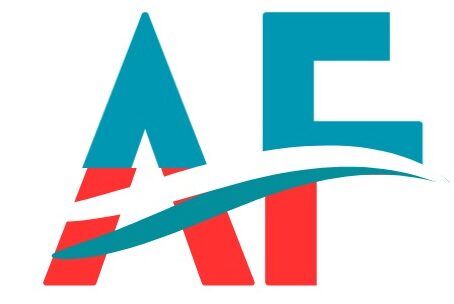SpaceX, founded by billionaire entrepreneur Elon Musk, is on the verge of another significant milestone. According to insiders, the U.S. Federal Aviation Administration (FAA) is likely to approve a launch license for SpaceX’s Starship 5 rocket as early as this month. This approval could be a major step forward for SpaceX’s ambitions to revolutionize space travel and exploration, bringing the company closer to its goal of reaching Mars.
The Starship Program: A Game-Changer for Space Exploration
Starship is an ambitious spacecraft that has been in development for years. It is designed to carry both crew and cargo to deep space destinations, such as the Moon and Mars. Starship 5 is the latest iteration, showcasing advanced technology and increased capacity. The vehicle has been undergoing rigorous testing to ensure its readiness for future missions.
SpaceX has already completed several test flights, with varying degrees of success. The company has been working tirelessly to address issues and improve the design with each version. Approval of the Starship 5 license would validate these efforts and pave the way for the next phase of testing and eventual orbital flights.
The Role of the FAA in Space Launches
The FAA is a key regulatory body overseeing all commercial space launches and reentries in the United States. It ensures that companies like SpaceX meet stringent safety and environmental standards before granting launch licenses. Obtaining FAA approval is a crucial step for any private spaceflight company aiming to conduct launches in U.S. airspace.
In recent years, the FAA has been working closely with commercial spaceflight companies to adapt its regulatory framework to the rapidly evolving industry. This cooperation aims to promote innovation while maintaining public safety and environmental protection. The potential approval of the Starship 5 license reflects this balance, signifying confidence in SpaceX’s safety protocols and technological advancements.
Why the Starship 5 Approval Matters
If the FAA grants the license, SpaceX will be able to conduct the much-anticipated test flight of Starship 5. This flight is crucial for several reasons. First, it will demonstrate the spacecraft’s capability to reach orbit, a key milestone that SpaceX must achieve before moving on to more complex missions.
Second, a successful test flight will boost investor confidence and attract additional funding. SpaceX is already valued at over $100 billion, but new investments would help accelerate the development of future Starship variants and support Musk’s long-term vision of making humanity a multi-planetary species.
Finally, approval of the Starship 5 license would position SpaceX ahead of its competitors in the commercial space industry. Rivals such as Blue Origin and Boeing are also working on next-generation spacecraft, but none have achieved the same level of progress and public attention as SpaceX.
Challenges and Roadblocks
Despite its many achievements, SpaceX has faced several challenges in its quest to develop Starship. Earlier test flights of the vehicle resulted in explosive outcomes, highlighting the complexity of designing and building a rocket capable of deep space missions.
Additionally, the company has had to navigate regulatory hurdles. The FAA’s review process can be lengthy and complex, often requiring multiple rounds of revisions and safety assessments. Environmental concerns have also been raised, particularly regarding the potential impact of Starship launches on local wildlife and ecosystems near SpaceX’s launch site in Boca Chica, Texas.
SpaceX has worked to address these concerns by implementing new safety measures and modifying its launch plans. The company is also actively engaging with the local community and environmental groups to mitigate the impact of its operations.
Implications for the Future of Space Exploration
The approval of Starship 5 would be more than just a win for SpaceX—it would be a victory for the entire commercial space industry. It would signal that ambitious projects like Starship are feasible and that private companies can play a leading role in space exploration.
A successful test flight could also accelerate NASA’s Artemis program, which aims to return humans to the Moon by the mid-2020s. SpaceX has been selected as a key partner for Artemis, and the Starship vehicle is slated to play a major role in landing astronauts on the lunar surface.
Looking further ahead, a fully operational Starship could enable missions to Mars. Musk has repeatedly stated that his ultimate goal is to establish a human settlement on the Red Planet. While such an endeavor is still many years away, the approval of Starship 5 would bring SpaceX one step closer to making this vision a reality.
Market Reactions and Investor Sentiment
The potential approval of the Starship 5 license has already generated buzz among investors and space enthusiasts. Shares of companies related to space exploration, including suppliers and technology firms, have seen increased activity in anticipation of SpaceX’s next move.
Industry analysts believe that the approval could serve as a catalyst for further investment in the sector. Companies that provide launch services, satellite technology, and space-based communication systems stand to benefit from increased investor interest.
For SpaceX, a successful test flight would not only validate years of research and development but also demonstrate its ability to deliver on ambitious promises. This could open up new revenue streams, including commercial partnerships and contracts with government agencies like NASA and the Department of Defense.
AFRIPOPULA

